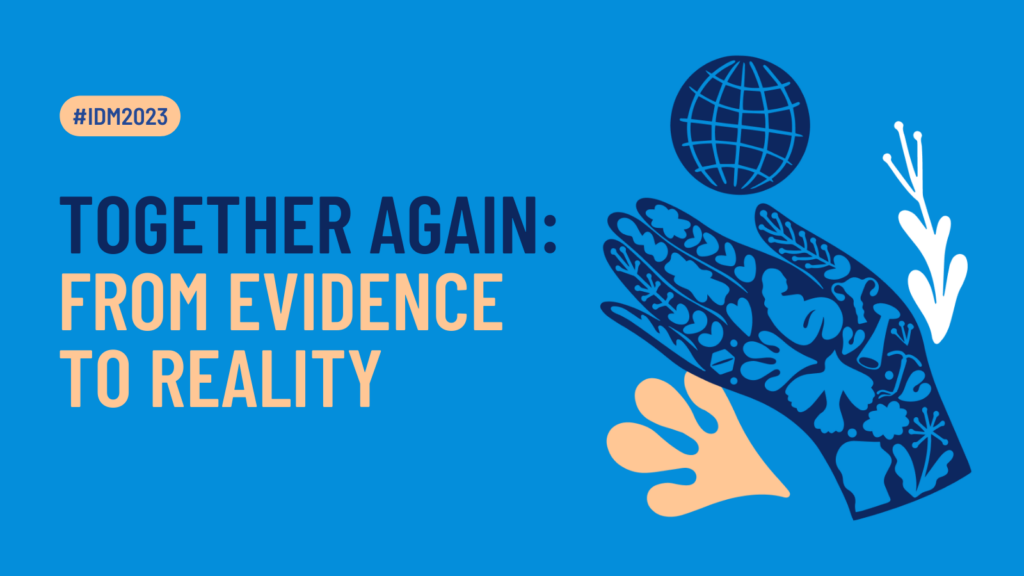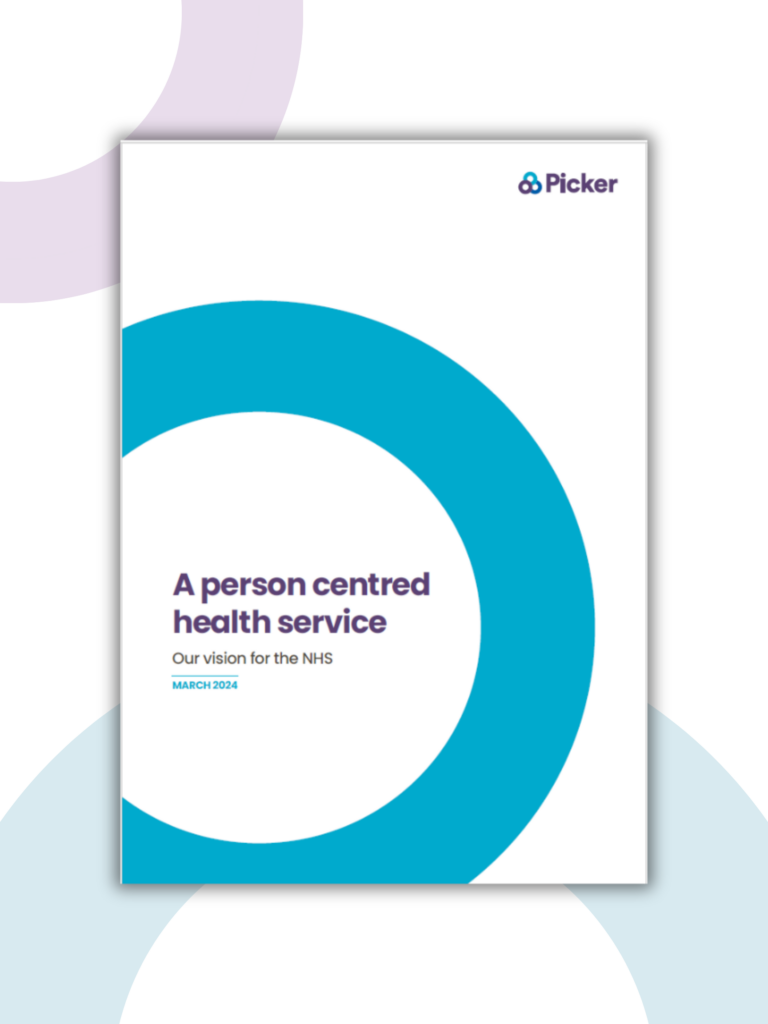Recognising the impactful role of midwives
May 5th marks International Day of the Midwife, a celebration of a profession that is vital to delivering quality maternity care and support for women and families.

There are few events in life as intensive and life changing as pregnancy and birth for women and families. Being very personal, it is understandable that maternity patients, as well as friends and family, can act out a spectrum of extreme emotions within a brief time span. People can go from frightened to overwhelmed to elated to stressed in a finger click. And at the very centre are midwives, who are not only the lead healthcare professional accountable for the health and care for most women and newborns but are central to managing the emotional scenes that play out along the entire journey.
To be a midwife, it goes further than possessing healthcare and medical knowledge. They are natural service providers who understand the importance of listening to their patients and ensuring they receive safe, nurturing, empowering care that is delivered with kindness and respect. This kind of care is the epitome of the Picker Principles, a framework that puts people at the heart of health and social services, including care, support, and enablement. It is an approach where service users are recognised as individuals, encouraged to play an active role in their care, and where their needs and preferences are understood and respected.
Recognition and support urgently needed
Despite being a role model for healthcare professionals on what person centred care should be, recent data from the 2022 NHS Staff Survey have shown that midwives are voicing underappreciation, with only 37% of midwives saying that they are satisfied with the recognition they receive for good work, compared to the 53.6% of allied health professionals. The survey, coordinated by Picker for NHS England, is the largest workforce survey in the world: in 2022 alone, more than 600,000 NHS staff responded, with close to 11,500 being midwives. This huge volume of data enables a detailed analysis of how experiences vary across organisations and within staff groups.
While it is concerning that so few midwives feel recognised and appreciated within their organisation, a more troubling area highlighted in the survey is the health and wellbeing of midwives, with 62.8% of midwives selecting yes to feeling unwell as a result of work-related stress in the last 12 months, and 70.4% saying that, in the last three months, they came to work despite not feeling well enough to perform duties.
Potential causes for this could be emotional fatigue and distress which is common in midwifery due to the demanding nature of the working environment and patients. It could also be staff retention, which has remained a consistent thorn in the side of the NHS which has seen midwife numbers drop by over 600 since 2021 according to the Royal College of Midwives (RCM) analysis of new NHS statistics in 2022, placing further pressure on an area that was already facing severe shortages of at least 2000. This is further evidenced by the NHS Staff Survey which saw 7.4% of midwives agree that they had enough staff at their organisation for them to do their job properly. Without adequate support for the wellbeing of midwives, pressure to be present for their patients and prioritise the health and wellbeing of them above their own will continue.
Turning to the people promise
To tackle this challenge, we must look to The NHS People Promise, a plan published by the NHS in 2020 that contains seven key elements which aims to improve the wellbeing and working experience of NHS staff. These include:
- We are compassionate and inclusive
- We are recognised and rewarded
- We each have a voice that counts
- We are safe and healthy
- We are always learning
- We work flexibly
- We are a team
NHS England further demonstrated its commitment to the promise by redesigning the survey in 2021 to include the NHS People Promise themes, serving as a principal way to measure progress, and enable teams and departments, as well as whole organisations, to take action to improve.
“From evidence to reality
However, the Promise’s success will only work if those who share their experiences are listened to. Midwives have voiced their lived experience and shared their working reality. For improvement to happen, it must be addressed and strategically acted upon at national and local levels. Through the NHS Staff Survey, Trusts have the tools and insights to explore in detail the experiences of their workforce and make evidence-driven decisions to make improvements for their staff and across the organisation.
A true demonstration of appreciation for midwives would be to act on the evidence given, improving their working experience which sees them take on untold emotional demands and expectations. It is a profession that is more than delivering babies, which was close to 600,000 in 2021-2022. They have an immeasurable impact on the sense of safety for women and their families that goes beyond the physical but also the emotional, social, and psychological safety needs.
This year, the theme for International Day of the Midwife is ‘Together again: from evidence to reality’. The NHS Staff Survey provides evidence of the challenges facing NHS midwives: but it also creates the opportunity for health and care organisations to discuss these and to identify improvements.
